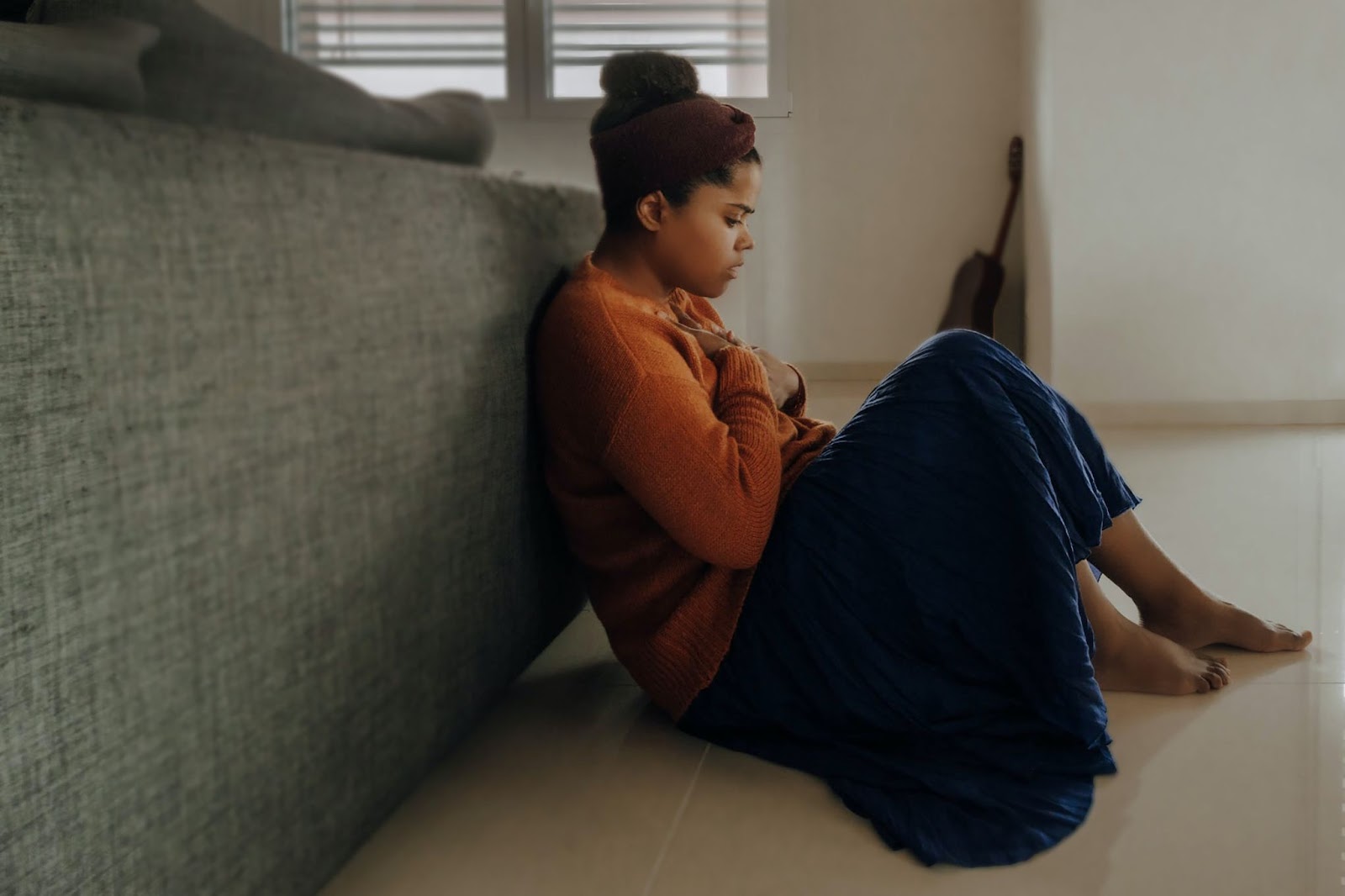Anxiety disorders affect about 18 million Americans each year. Experts believe that the COVID-19 pandemic will cause this number to rise even higher in subsequent years.
Ranging from social anxiety to generalized anxiety disorder to specific phobias, anxiety is a mental health condition that can lead to a decreased quality of life if it is not treated properly.
Fortunately, because anxiety is so common, it is relatively easy to spot and there are many treatment options to help reduce the symptoms of anxiety.
Here are five of the most common symptoms of anxiety:
- Excessive fear or worry. The most prevalent symptom of anxiety disorders is excessive worry and/or fear. It can be about any situation in your life, even those that seem to be going well at the moment. Worries will often focus on everyday matters, such as family issues or job responsibilities. You might also focus on minor matters such as appointments, car repairs or chores.
- Shortness of breath. Sometimes anxiety disorders can make it difficult to breathe. This is because your body is going into “fight or flight” mode, and the older parts of the brain (such as the brain stem, that regulates breathing and moving) are “taking over” from the more recent and developed parts of the brain (such as the prefrontal cortex, which is responsible for “higher level” functions such as sequencing, planning, memory, etc).
- Difficulty staying still and/or concentrating. Sometimes your mind might even go blank, as if you can’t think of anything other than your anxiety. This happens for the same reasons as above — the older brain is taking over from the newer brain.
- Difficulty sleeping. This includes restlessness and difficulty falling asleep. Or you might be able to fall asleep okay, and still get poor quality or unsatisfying sleep. If you’re having difficulty sleeping, you might try listening to a guided meditation on YouTube, or simply count your breaths until you fall asleep.
- Muscle tension or pain. Anxiety is a fear-based response to a stimulus in our environment. It often refers to a concern that hasn’t happened yet—something in the future — and can produce pain in the form of tense muscles and other avoidance behavior. It’s as if your body is envisioning the threat, and wants you to avoid it. But you know you have to go to work, or face your husband, or deal with that difficult situation. When you feel caught between these two pulls, you might feel anxiety in the form of tension in your body.
To learn more about anxiety, talk to your mental health provider.
VentSpace is a free app where you can anonymously share your thoughts, feelings and struggles with other users and get supportive feedback. No filters. No judgement. No names.



